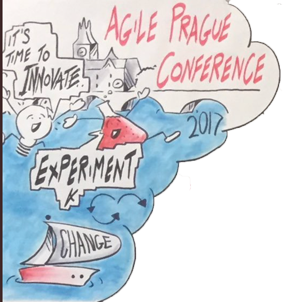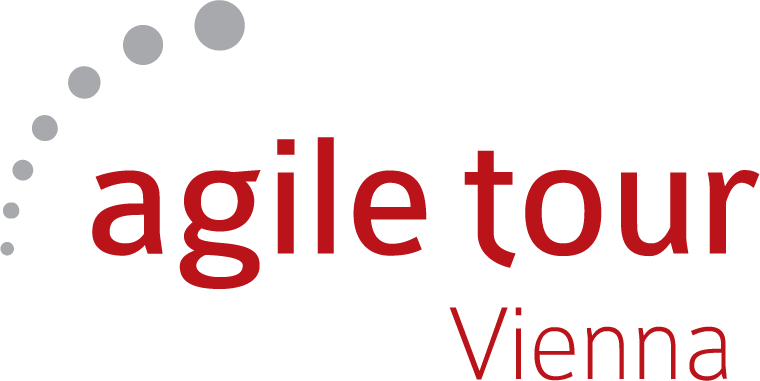Attendee Information
Agile Prague conference is getting closer.
Please come to the registration desk at 8:30 am so we allow the conference to start on time.
All you need to register is your name and company, the badges are sorted by the first name.
read more »
Join the Certified Designing Agile Organizations Workshop with Jurgen De Smet
Join a two-day Certified Designing Agile Organizations workshop on Sep 17-18 as a combo with the conference (Sep 15-16). The capacity is limited!
read more »Join the ICAgile Professional Agile Coaching Certification Workshop with John Barratt
Join a two-day ICAgile Professional Agile Coaching Certification workshop on Sep 17-18 as a combo with the conference (Sep 15-16). The capacity is limited! Sold out, waitlist only.
Open Space
Wouldn’t it be great to go to a conference that included all of the topics that are most interesting to you? A conference that addressed your most pressing questions?
That’s what the Open Space sessions are for. It’s the part of the conference that you get to design.
Join the lunch Open Space and deepen your learning experience.
read more »
Andrea Provaglio - Overcoming Self-organization Blocks

Andrea Provaglio /Italy/ is an independent professional with almost twenty years of experience in the field of Information Technology. He assists clients from many different domains, which can range from large organizations such as the European Commission in Brussels, or large multinational banks, to small and dynamic IT companies.
His mission is to help his clients to develop better software and to create better development teams; and to help the individuals to improve technically and relationally.
Andrea’s contribution to his clients is primarily in the areas of: Adoption of Agile methodologies, such as Extreme Programming (XP) and Scrum; Development of soft skills for teams and organizations; Coaching and training on software development for the Java/J2EE platform; Design Patterns (Integration and Distributed Applications); Design and development of Web/Enterprise applications; Architectural assessments; Skill assessments; Team building.
Andrea is frequently a speaker at international IT conferences and contributed to a few books and publications.
![]() andreaprovaglio
andreaprovaglio
![]() http://www.linkedin.com/in/provaglio
http://www.linkedin.com/in/provaglio
Slides: http://www.slideshare.net/provaglio/overcoming-selforganization-blocks
Overcoming Self-organization Blocks
This talk is about the group dynamics that may hinder self-organization in Agile teams, seen from a behavioral perspective, and about the ways to counteract these issues.
The concept of self-organization is strictly related to empowering the technical teams, which in turn may alter both the "vertical" dynamics (managers/teams) and the "horizontal" dynamics (teammate/teammate).
Resistance to these changes may therefore arise both in managers and in team members alike. The actual source of this resistance may be rooted in the mental habits of the people involved and may come from a latent blaming culture, from confusing guidance with command, from the fear of taking responsibility (becoming visible) or losing status (becoming invisible) and finally from a misalignment of the team with the organization's business goals.
We'll see some of the most common sources of resistance to self-organization, as well as techniques to loosen the blocking dynamics.



















